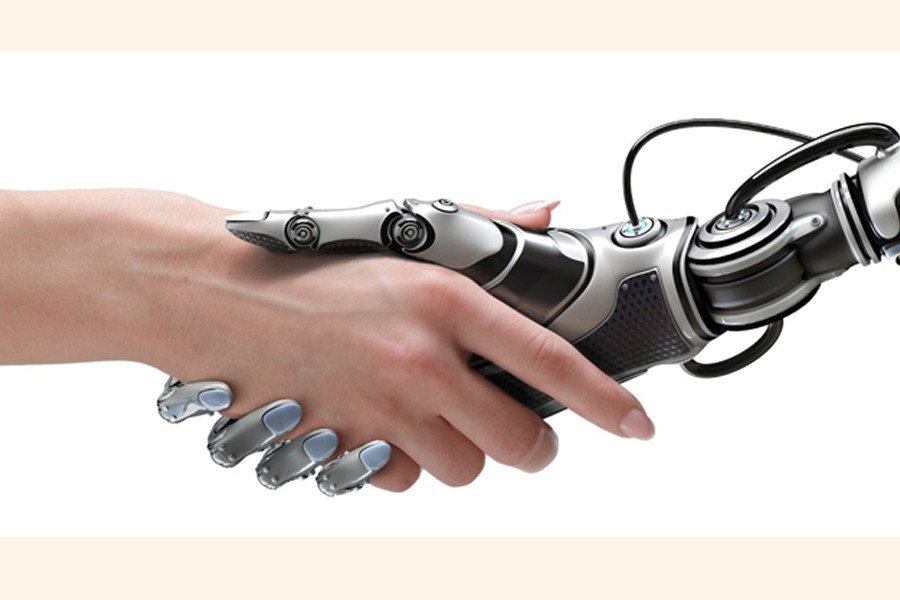
Published :
Updated :

What kind of life the average citizens the world over aspire for? A life that is successful, may be. Successful but on which count? It is mostly success from the materialistic point of view. But there are some who feel this world is too mundane to keep them engaged in the ordinary day-to-day activities. They hear some mysterious call from somewhere that is irresistible to them. Detached from petty concerns and interests that govern most people's lives, they question about the existence of the myriad life forms, their origin and place in the unfathomable universe, the meaning and purpose of life. It is bewildering indeed! Unless one is a believer in the traditional religious -- concerning any religion --sense of the term, it is quite irresolvable. There lies the limit of the finite human beings. Man can transcend to almost immeasurable height in creativity and innovation but cannot avoid death.
Life remains a mystery all the same because the interlude is the only reality known to man but before and after it is all blank. Religious explanation is otherwise, though. Most religions believe that people come here for a certain period but his permanent address is in heaven (if of course virtuous) or hell (if sinner). But cognitive senses do not subscribe to this view, because most people are not spiritual. Spiritually elevated persons claim they can experience the most unbelievable and get beyond their physical limitations in order to perform amazing feats. They are not consumed by fire and if they desire they can walk over water and float above ground. The common people are not convinced.
To the saints and yogis, achievements in this world, for which people are applauded, recognised or rewarded, mean nothing. They leave the company of the commoners to live a life of hermits away from locality. Even the Sadhus seen in Kumbha Mela who are capable of going through unimaginable ordeals are said to have got things wrong. The most devoted of the kind are reluctant to meet people and avoid any encounter with ordinary people. They commit to the cause of seeking the ultimate truth or the one and only almighty responsible for governing the universe.
This explanation is unlikely to satisfy most people who believe in the Darwinian theory of evolution. At least there are some concrete proofs for this evolutionary theory. Even this does not explain everything, though. Man's quest for resolving the mystery of life made a giant leap with the decoding of human genome or deoxyribonucleic acid (DNA). The creation of Dolly, the first animal to have been cloned, from an adult somatic cell convoluted many of the traditional ideas about creation of life. A number of animals have been cloned from body cell since then. Using the same process of nuclear transfer human beings can be created as well. Only the ethical consideration has restrained any such bio-medical engineering.
If science progresses at this rate, there is every possibility of life getting unravelled into bits and shreds at one point or other. Is that the purpose of human life then? This comes near the Socratic wisdom and Upanishad's ordain, "Know thyself". But knowing is believing may not quite elevate the soul that cannot be captured by science or technology. The artificial intelligence, many fear, might one day dominate its creator, the man. Even if it does, it will do so without the ethical and conscientious force that governs all human actions. Man, it seems, is becoming more techno-savvy but at the cost of his soul. The yawning economic disparity is a proof that he has sold his soul to buy materialistic affluence and comfort. It is because of the socio-economic inequality between and among people, a great mind of the past century Karl Marx could proclaim, "Religion is the sigh of an oppressed creature, the heart of a heartless world, and the soul of soulless conditions. It is the opium of the people." It needs hardly any elaboration.


 For all latest news, follow The Financial Express Google News channel.
For all latest news, follow The Financial Express Google News channel.